
Tags: Carl Walters, Daniel Pauly, honours, Publications, Rashid Sumaila, Villy Christensen, William Cheung
UBC was ranked 21 in the Global Overall Academic Institutional Rankings, and 25 for the past five years. In the specialties area, it ranked 1 for ecosystem, fishing, fish physiology, and marine ecosystems.
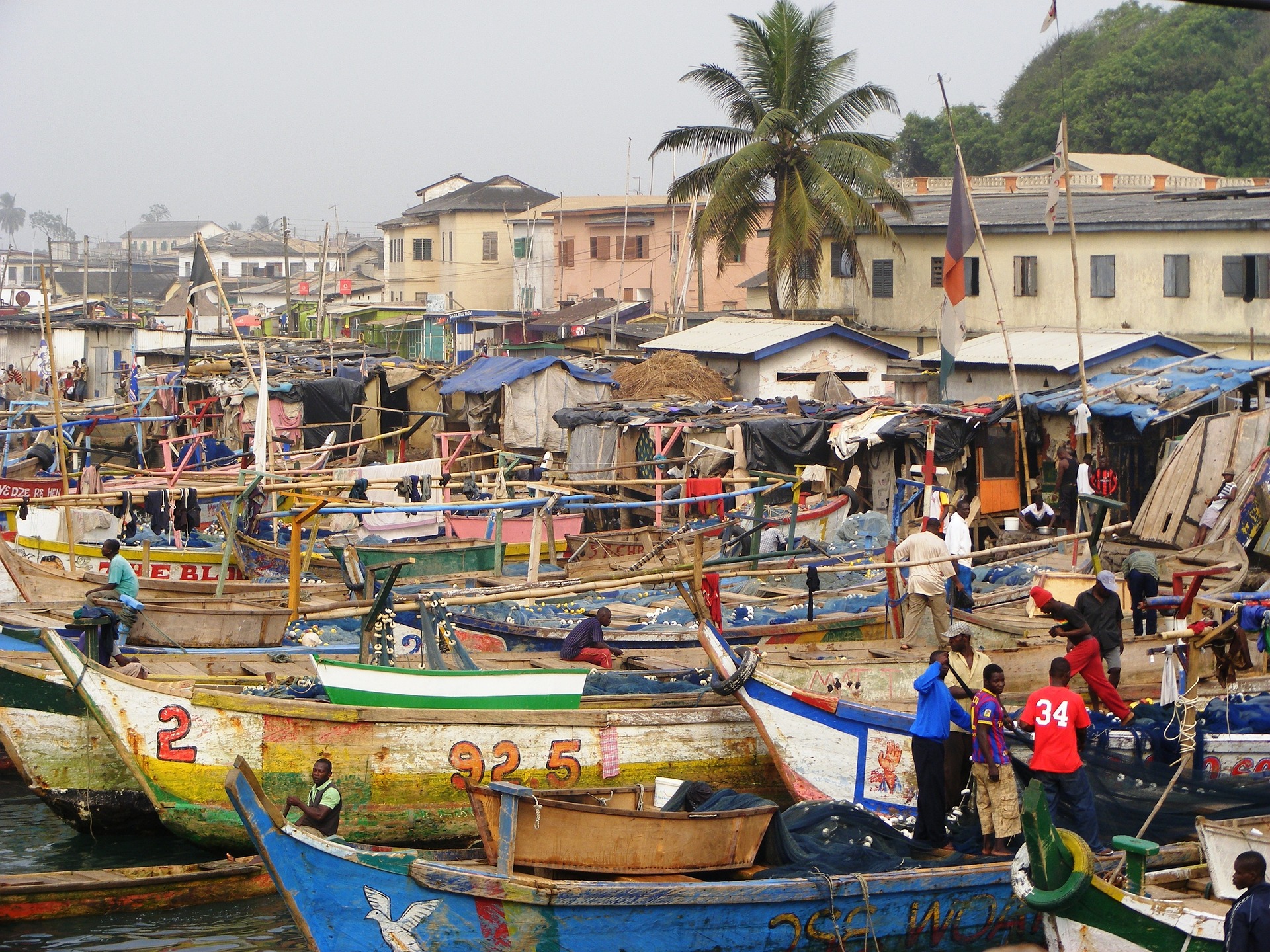
Tags:
The application process for our 2nd cohort of Visiting Fellows open. Deadline extended to June 30, 2025!!!

Tags: biodiversity, climate change, food security, France, ocean governance, Rashid Sumaila, small-scale fisheries, Solving FCB, UN Ocean Conference, United Nations (UN), William Cheung
Solving FCB will host two side events - one for the public and one for UNOC participants - in Nice, France on June 11 & 12, 2025
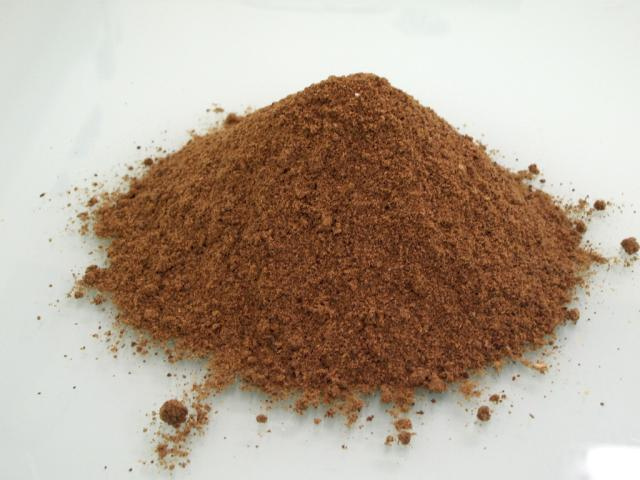
Tags: aquaculture, faculty, FERU, fish oil, fishmeal, global policy, industrial production, IOF students, mariculture, Rashid Sumaila, Research, wild caught fish
UBC study has revealed the global distribution of fishmeal and fish oil factories for the first time, shedding light on a critical area of the aquaculture supply chain
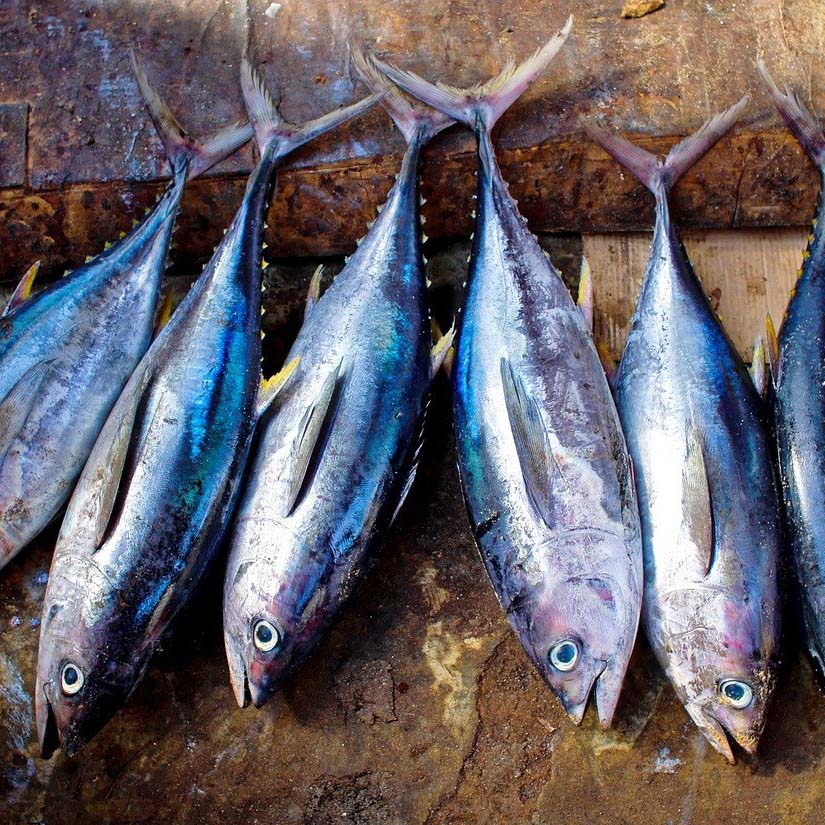
Tags: circular solutions, deep sea mining, Dona Bertarelli Philanthropy, fisheries management, insurance, IOF Research Associates, Lubna Alam, metals, Pacific Ocean, pollution, Publications, Rashid Sumaila, recycling, Small Island Developing States (SIDS), temperatures, tourism, tuna, tuna fisheries
The study advocates for a shift toward circular economy strategies, such as enhanced recycling and urban mining, which offer sustainable alternatives to deep-sea mining.
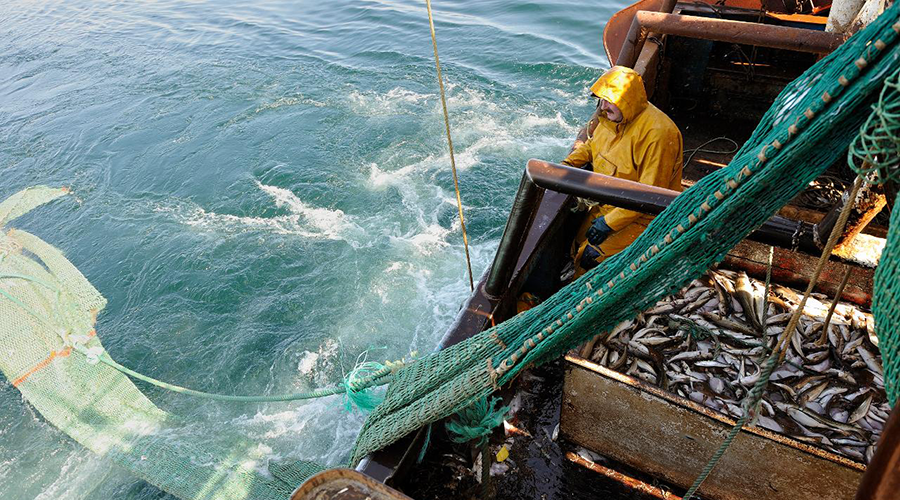
Tags: Daniel Pauly, Deng Palomares, faculty, fisheries management, IOF Research Associates, nutrition, Publications, Sea Around Us
The 4 billion tonnes of marine organisms that global fisheries extracted from the ocean between 1960 and 2018 resulted in the depletion of over 560 million tonnes of essential nutrients vital to ecosystem health.
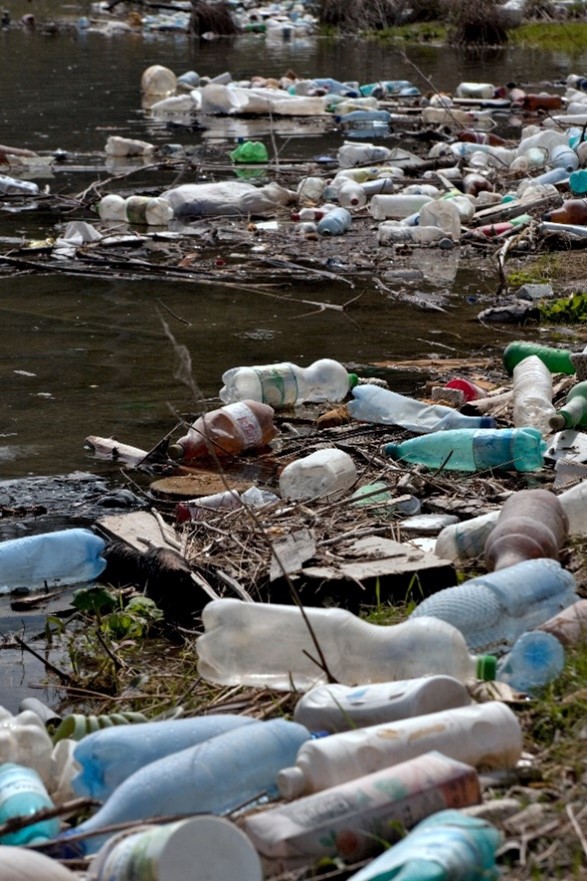
Tags: adjunct faculty, climate change, faculty, FERU, Ibrahim Issifu, Ilyass Dahmouni, IOF Research Associates, Paris Agreement, plastic, pollution, Publications, Rashid Sumaila, recycling, Research
Shifting the focus of intervention to the supply-side, by evaluating the potential environmental and economic outcomes of a voluntary levy on the top 100 plastic producers.

The University of Alberta holds the Ronald O. Ball Lectureship in Food & Agriculture, which allows them to invite an excellent speaker of a stature to attract attention and interest from the University, media, and community, and will highlight current issues in nutrition, food and agriculture.

Tags:
IOF community member flex their creative juices for a little bit of ocean & fisheries fun.
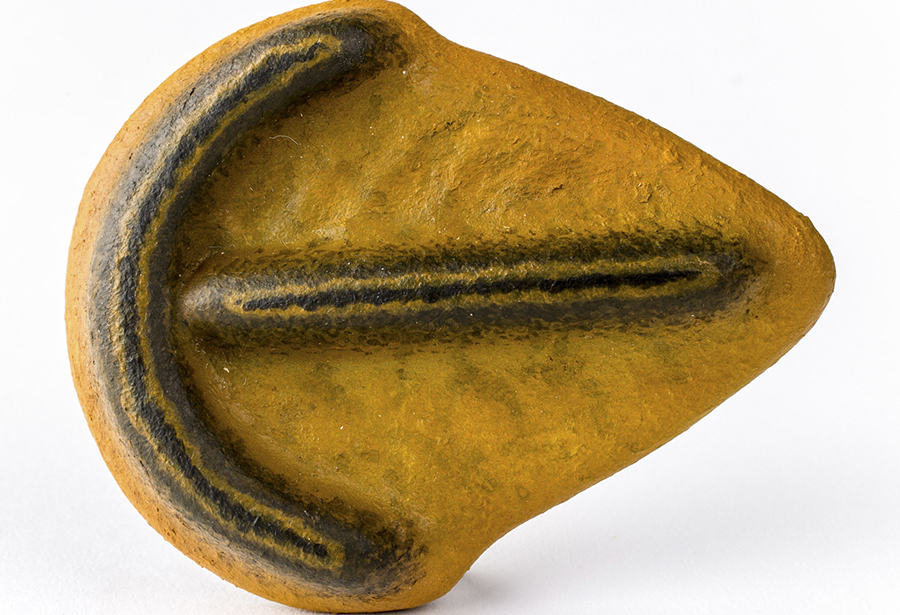
New research shows that the growth and lifespan of Parvancorina minchami, small anchor-shaped animals that lived on the seafloor about 550 million years ago, was about four years, that they could reach close to 20 millimetres in length, and that their pace of growth was similar to that of small recent invertebrate.